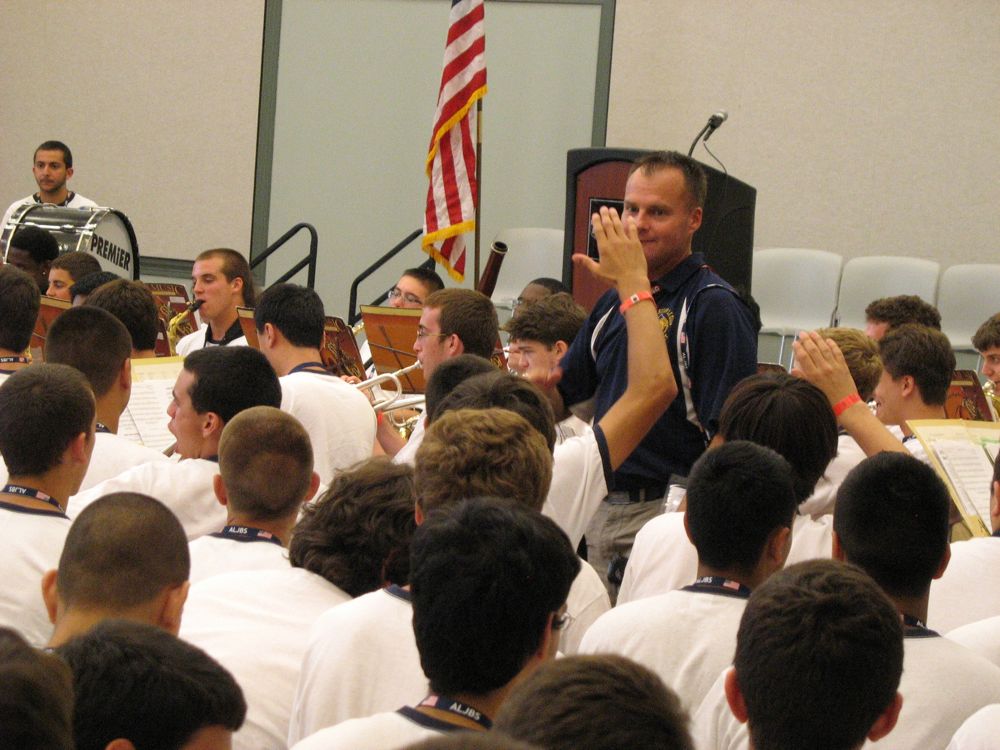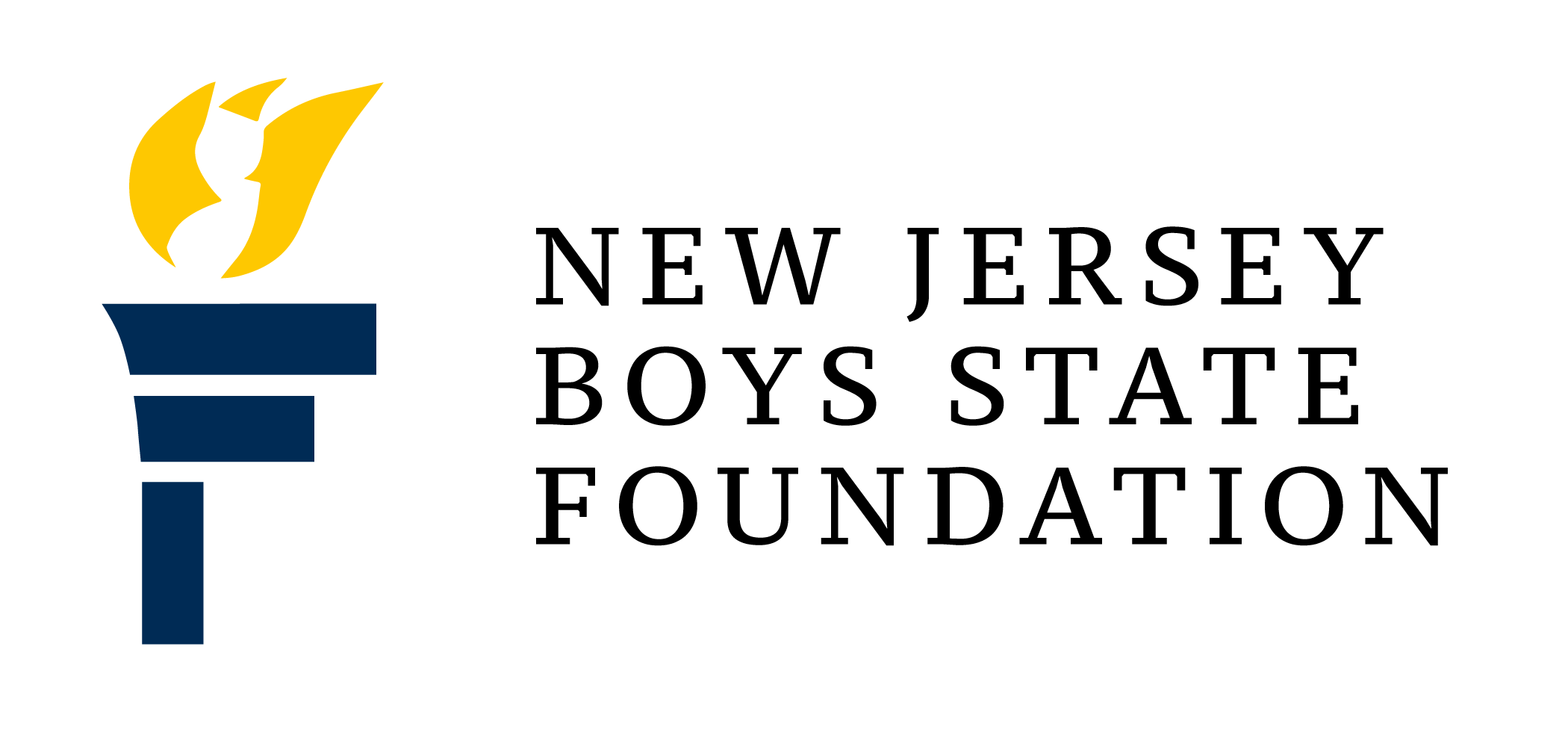News Archive

Philip Nolan made a mistake. A frustrated remark during a trial for treason, and he was condemned to be a prisoner at sea, never setting foot in a home port or hearing of his native country. Nolan is the central character in Edward Everett Hale's "The Man Without A Country," a short story written to bolster support for the Union during the Civil War. In the story, Nolan regrets his decision almost immediately and spends the rest of his life desperately trying to find out about his home country and to warn others about the error of his ways. He is adrift in more ways than one. It is only in his dying moments that Nolan receives the information he has so desired when a junior officer has compassion on him.
For all its unabashed patriotism, Hale's story leaves a meaningful question unanswered: what does it mean to love one's country? This is a hard question for anyone to grapple with, and Nolan goes from one answer to another throughout his life. On the one hand, he is sensitive to perceived slights and thoughts of tyranny; later, he tries to hold fast to the nation, the institution, and everything that represents it. But the question also stands for the others Nolan interacts with. Do they respect the judge's decision, honoring the rule of law, or show kindness to someone who clearly has remorse for his outburst, honoring their kinsman? What does it mean to love one's country well?
"To love is to return," noted Robin Sloan a decade ago. Loving something requires loyalty and choosing to stay committed even when the feelings may not be present. It shows up even when it would be easier not to and commits to a decision without complaining or keeping score when the decision goes the other way. Love is engaged, seeking the good of another above its own, not content to coast on the efforts of others but realizing that it is not 50/50 but 100/100. To borrow a concept from Saint Augustine, love is rightly ordering our affections to choose the things that are important and not be distracted by the things that aren't.
In this framing, loving one's country involves being loyal to it and choosing to stay invested in its well-being even when we feel angry or disappointed by it. It means staying engaged in local, regional, and national affairs, advocating for our positions but accepting the decisions as they are made. It doesn't blame "the other side" for its shortcomings or not caring about everyone; instead, it works to be a body together. And most of all, it means ordering our concerns properly, avoiding a wandering eye towards the ever-greener grass elsewhere and instead focusing on the situations we are in and can control.
And this is no small task in an ever-fragmented world. When your identity is ever-malleable and self-defined, it is hard to find something stable to hold onto. But we are ultimately bound to things that are given to us, not changeable. As we talked about earlier this week, we are bound to our state, our families, and our country simply through existing. Those things shape us and deserve our concern. But it's a two-way street: those things demand our attention but also give us something to belong to. Without them, we are atomized individuals; with them, we are part of a whole.
This has been pretty heady so far, so let's start connecting it to our reality. This week, our statesmen have been learning about what it means to be part of a city and care about its good and the good of its citizens. They've been learning what it takes to make a city good; winning Best City or Best County involves a lot of different people working together, from the athletes to the bureaucrats to the common citizens. They've also been learning about where how these things connect by their interactions with the veterans on staff and by seeing the commitment that the military members have. They're learning what it means to be part of something much bigger and deeper than themselves while still maintaining their individuality.
And, truthfully, there's another group working on that too, and that's our staff. All of us bring our own skills here, but not all of us get to use or develop them in exactly the way we'd like. Doesn't matter. We're still all part of one unit, pulling together to help make the statesmen's week a rewarding one. This year, many staff felt uncomfortable coming here for the week to help out. Past years have had their own staffing challenges. That's fine. They're still part of us. We know they care, we miss seeing them, and we look forward to seeing them next session. We've been there too, being frustrated and wondering whether it's worth it to come back. But putting one foot in front of the other and focusing on why we're here—to show the next generation what good citizenship looks like—gets us recentered.
Look: it can be hard to love your country. The last year has made that hard no matter how you see things. We see and hear those strains this week. But one of the wonderful things about ALJBS is how it provides the roadmap to love your country and not lose your joy (or soul) in the process. It's the four things we talked about earlier: being loyal, staying engaged, seeking the good of others, and ordering our concerns properly.
This past year, our dear friend Rich Kane passed away. Rich was on staff for over thirty years, held nearly every position imaginable, and was the standard for city counselors we all judged ourselves by. I last saw Rich over a weekend six months before he passed. But at the end of that weekend, we got to talking—not long, but long enough to go deep. I left encouraged, knowing that even though we would likely be staunchly on opposite sides of discussions in the future, we would be able to be on the same side of the decision, standing together as blue staff-shirted kinsmen. And together, we would be working to help teach the things we've learned to others. "For the growing good of the world is partly dependent on unhistoric acts; and that things are not so ill with you and me as they might have been, is half owing to the number who lived faithfully a hidden life, and rest in unvisited tombs." Rich was big on the significance of unhistoric acts, and he was right. So may we be. So may we teach.


